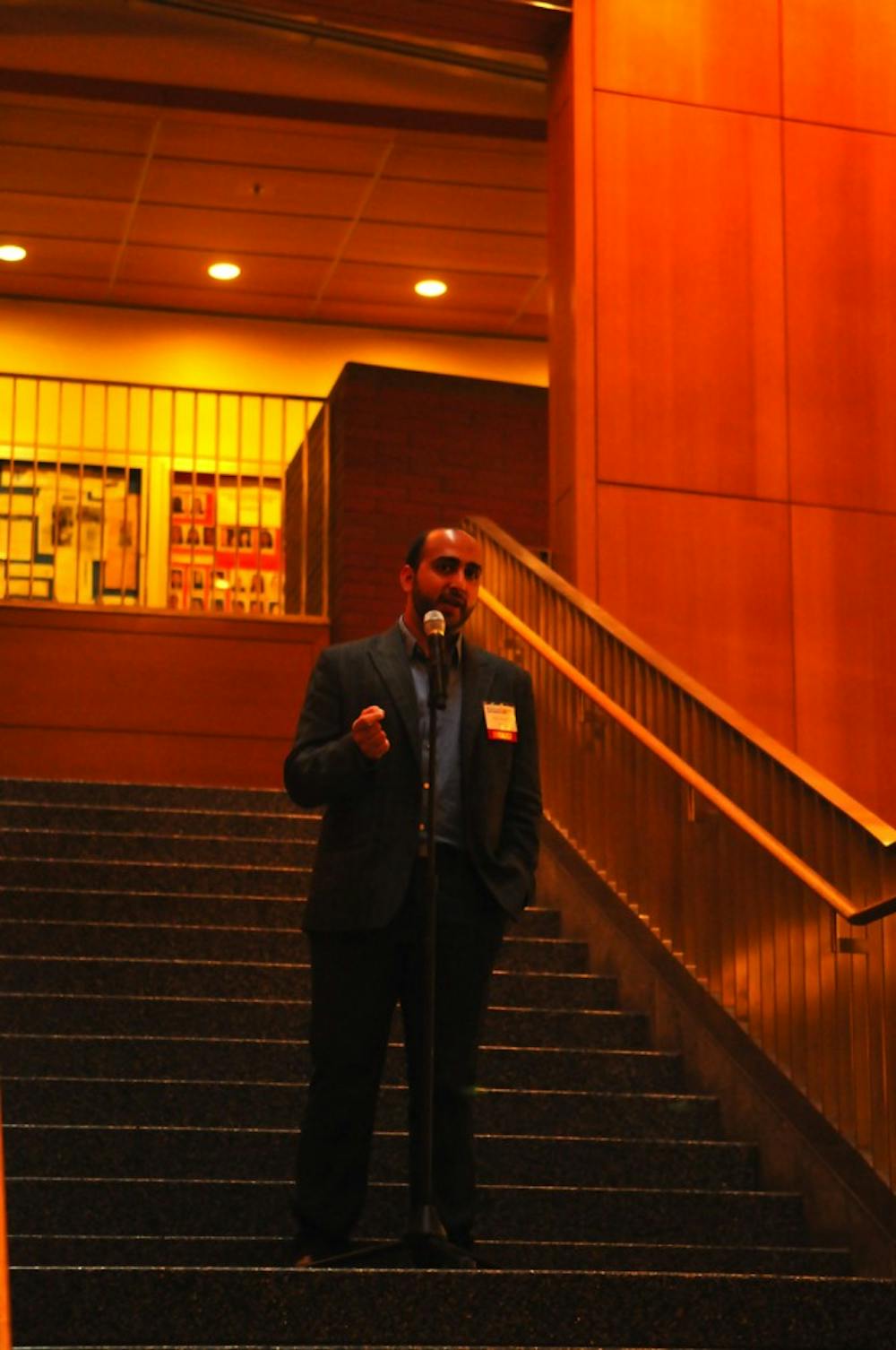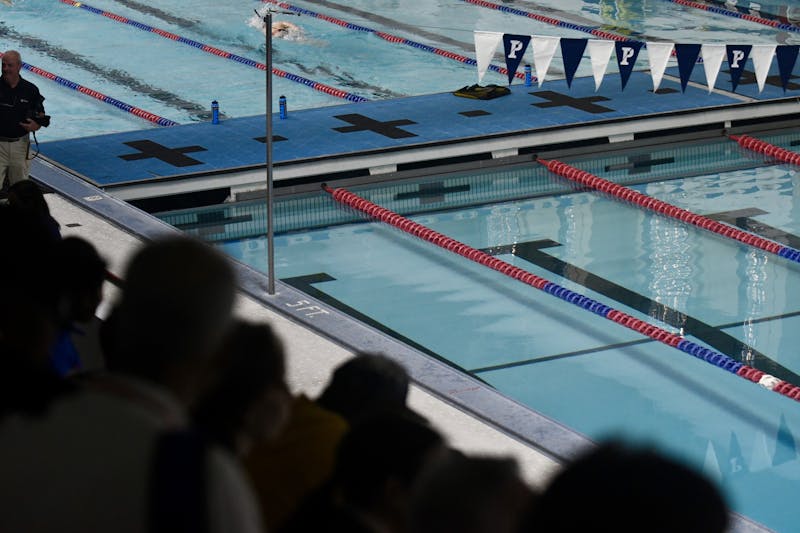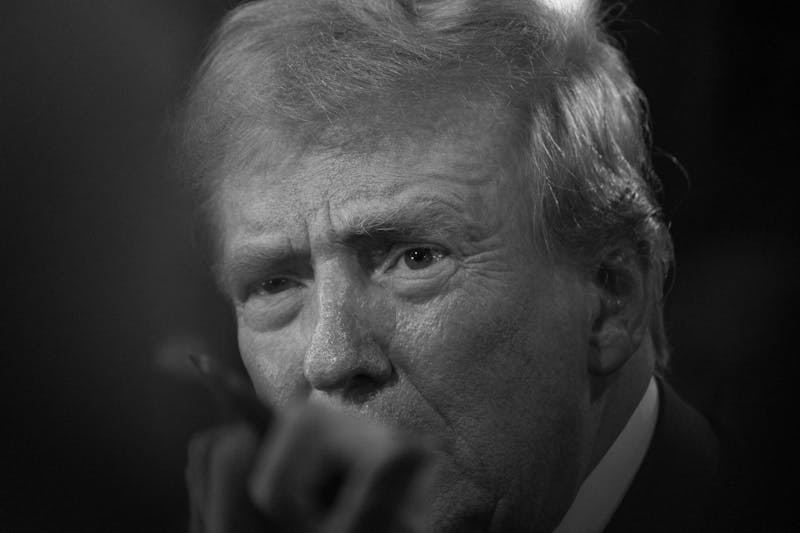
The 13th annual Wharton Business Plan Competition came to a conclusion at Wednesday’s Venture Finals, where Stylitics — a company that analyzes clothing purchasing behavior — was announced first-place winner.
The competition began in October when hundreds of student teams submitted business plans to Wharton Entrepreneurial Programs. The 25 semifinalists, who were chosen in January, were then narrowed down to the “Great Eight” finalists two weeks ago.
Stylitics — co-founded by second-year masters of business administration candidate Rohan Deuskar — received the $30,000 Michelson Grand Prize, which will be put into developing the website, Deuskar said.
“We were not expecting to come this far,” he added. “We benefited tremendously from Wharton classes and judges’ feedback.”
The competition provides “unique resources to businesses,” Wharton and Engineering senior and WBPC finalist Abhiraj Modi agreed. “The judges are all professionals in the industry who give you great advice.
$15,000 went to second-place winner Next Generation Phlebotomy, a company that is marketing a device that extracts blood for laboratory testing from patients.
In third place, winning $10,000, was Baby.com.br, an online retailer that will sell baby’s diapers in Brazil.
President of Karlin Asset Management David Cohen, a 4 Venture Final judge and representative of the competition’s sponsor, said that “the quality of teams, presentations and business plans were superb from start to finish.”
“Over the last three years, the level of competition has tripled,” added Phil Kim, who was also from Karlin Asset Management. “Now the companies are either more unique or more mature than they used to be. Some have already raised their first round of capital.”
Kim also noticed, that unlike past years, the majority of the businesses in the top eight were not based in the life sciences.
“The fact that someone in fashion, not the life sciences, won is a great testament to Wharton’s interest in innovation and technology,” Cohen said.
Of the eight teams in the finals, six were led by graduate students.
MBAs “have work experience that they can point to [and] gain credibility,” senior associate director of Wharton Entrepreneurial Programs Megan Mitchell said.
However, Modi, whose company—BOSS Medical—was among the top eight, insists that, “undergraduates are not at a disadvantage.”
“The undergraduate program, with its entrepreneurship classes, really prepares you for this type of competition,” Modi added.
Past winners of WBPC have had mixed success.
“A host of them are still in business,” Mitchell said, but she added that, “some run into problems.”
All competitors at the Venture Finalists, however, seemed optimistic.
“You could feel the energy in the air,” Cohen said.
The Daily Pennsylvanian is an independent, student-run newspaper. Please consider making a donation to support the coverage that shapes the University. Your generosity ensures a future of strong journalism at Penn.
DonatePlease note All comments are eligible for publication in The Daily Pennsylvanian.







